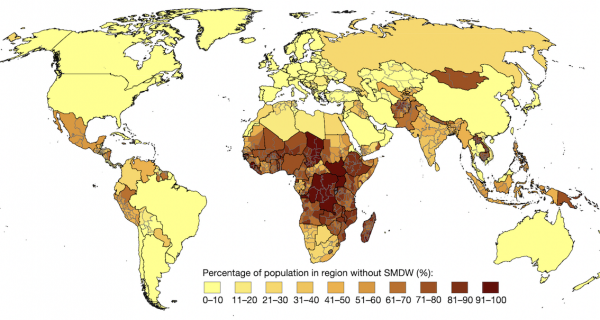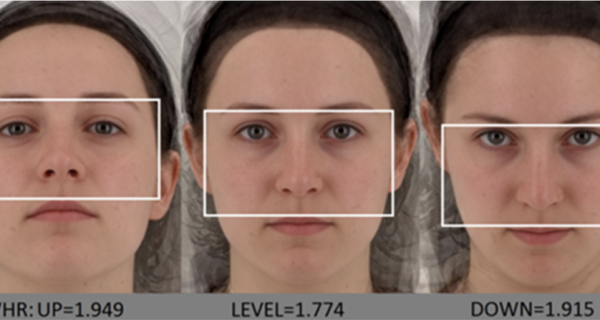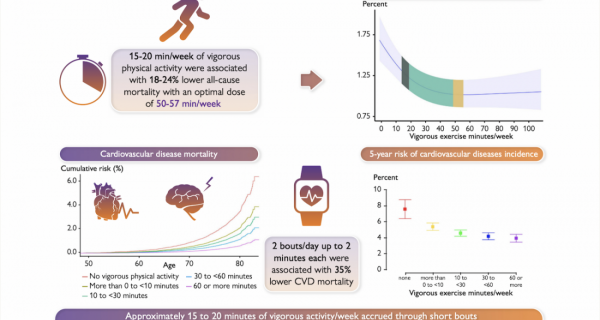Insomnia Linked to Increased Risk of Heart Attack, a New Study Finds
Insomnia and under 5 hours of sleep are highly associated with increased incidence of myocardial infarction, also known as heart attack.

Insomnia, a common sleep disorder affecting millions of people worldwide, has been linked to an increased risk of cardiovascular disease (CVD), including myocardial infarction (MI) commonly known as a heart attack, which occurs when blood flow to the heart is blocked, leading to damage to the heart muscle. A recent study aimed to assess the eligibility of insomnia as a potential risk factor for myocardial infarction and found that insomniacs are at a higher risk of developing myocardial infarction relative to non-insomniacs.
The study conducted a search of PubMed, Scopus, and Web of Science using terms such as “Insomnia” and “Myocardial Infarction”. Only observational controlled studies with data on the incidence of MI among insomniacs were included in the study.
The results of the study revealed a significant association between insomnia and the incidence of heart attacks compared to non-insomniacs. Furthermore, patients who slept 5 hours or less had the highest association with myocardial infarction incidence compared to those who slept 7−8 hours. Disorders of initiating and maintaining sleep were associated with increased MI incidence. However, subgroup analysis of nonrestorative sleep and daytime dysfunction showed an insignificant association with MI among both groups.
Regarding sleep duration, the study found that longer sleep durations of 9 hours or more could lead to an increased incidence of heart attacks too. The risk of myocardial infarction in the study was higher among female insomniacs. Insomniacs were found to be associated with a higher risk of suffering from a heart attack regardless of age. The presence of insomnia in addition to a comorbid disease such as hypertension, dyslipidemia, or diabetes was also associated with a higher risk of myocardial infarction.
The study findings are supported by previous research that has shown that insomnia is associated with an increased risk of cardiovascular morbidity and mortality. However, the current study adds to the existing literature by analyzing individual insomnia symptoms and various sleep durations.
As the authors conclude, the study findings demonstrate that insomnia is a potential risk factor for myocardial infarction. This highlights the importance of addressing insomnia as a modifiable risk factor for cardiovascular disease (CVD). Healthcare professionals should consider assessing and treating insomnia in their patients, particularly those with comorbidities — the simultaneous presence of two or more diseases or medical conditions in a patient — associated with a higher risk of suffering from a heart attack. Patients should also be advised to maintain a healthy sleep pattern, including adequate sleep duration, as part of their overall cardiovascular disease prevention strategies.


































































